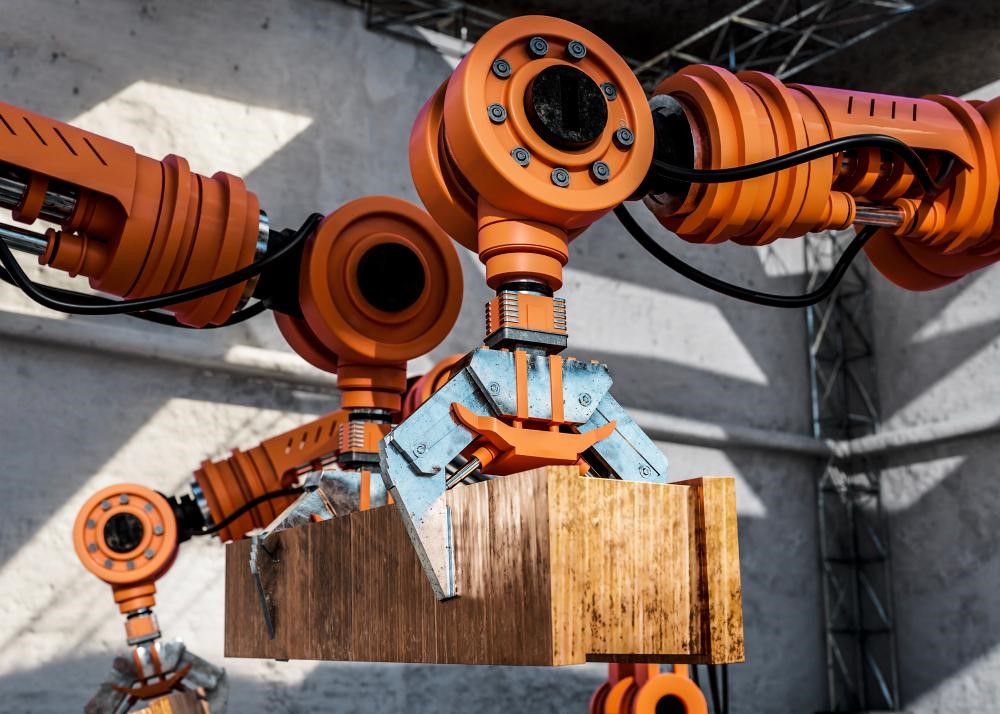The precision manufacturing tooling industry is set to experience unmatched growth in the next couple of years. So it comes as no surprise this growing industry is evolving at a fast pace leaving room for some trends to develop.
This industry plays a very important role in enabling the creation of high-quality and intricate components for almost every other industry. Given the potential of the industry, it is very important to ensure manufacturers are updated with all the latest trends relevant to the industry.
This informative and research-driven blog will explore some of those notable trends and their impact on the industry. So, let’s get started!
Hybrid Machining and Multi-Tasking
Most manufacturers are now choosing multi-tasking abilities to minimise setup time, enhance productivity, and optimise floor space. But this multi-tasking is very different from what we are familiar with in the context of manufacturing and warehouse jobs. Here, multi-tasking means combining multiple machining operations such as turning, milling, additive manufacturing, and grinding.
This adoption has offered a plethora of benefits for manufacturers as a single setup is now enough to complete a complex manufacturing operation. This helps reduce the need for resources to handle parts and eliminates the need for using multiple machinery for a single operation. This also creates room for hybrid machining by integrating additive manufacturing to reduce wastage and enhance accuracy.
Predictive Maintenance And Effective Monitoring
Thanks to the latest predictive technological advancements, most manufacturers are now using IoT-enabled sensors to transform conventional machines into intelligent systems. These sensors help monitor the machine’s performance and health to predict any maintenance needs that might arise soon.
Manufacturers use these advancements to collect real-time data on the tool’s wear, vibrations, temperature, and other relevant factors. This ensures efficient detection of any anomaly that might hamper the machine’s performance leading to further disruptions. Intelligent monitoring has played a very key role in transforming the application of manufacturing tooling while reducing downtime and enhancing efficiency.
Effective Integration And Automation
It would be almost impossible to discuss the latest manufacturing trends without mentioning automation. Integration of advanced robotics with AI-driven algorithms is transforming machining centres by automating workpiece handling, setup processes, and tool changing. As a result, manufacturers can now benefit from limited human intervention, enhanced operational efficiency, and better productivity.
Many have an ill-informed misconception that automation and integration will eliminate the need for human intervention and eliminate all manufacturing and warehouse jobs. However, the reality is far from that since human intervention and input still play a very important role in manufacturing. If anything, increased automation will only help enhance operational efficiency and employee productivity.
Advanced Manufacturing Tooling And Efficient Machining
Enhancing operational efficiency is one of the most important requirements for manufacturers today. This fueled the demand for more high-speed machining and machining centres are being designed to meet these demands in recent times. It is also worth noting that there is a significant increase in feed rates and spindle seed for rapid material removal with minimal wastage of materials.
Manufacturers are now also using advanced tooling technologies such as optimised geometrics,
performant coating, and better material used to sustain the demand for efficient machining. These advancements have helped reduce cycle times, offer better surface finishes, and enhance overall productivity.
Digital Twin Technology Application
The digital twin technology is one of the latest innovations in the world of manufacturing. Manufacturers now leverage the power of the Industrial Internet of Things (IIoT) enabling machining centres to gather real-time data for effective monitoring, remote diagnostics, and process optimization.
This technology application has helped create a virtual replica of machining centres for better optimization, virtual testing, and effective simulation. This helps create faster setups, reduces trial and error, and enhances the overall efficiency and quality of manufacturing or warehouse jobs.



